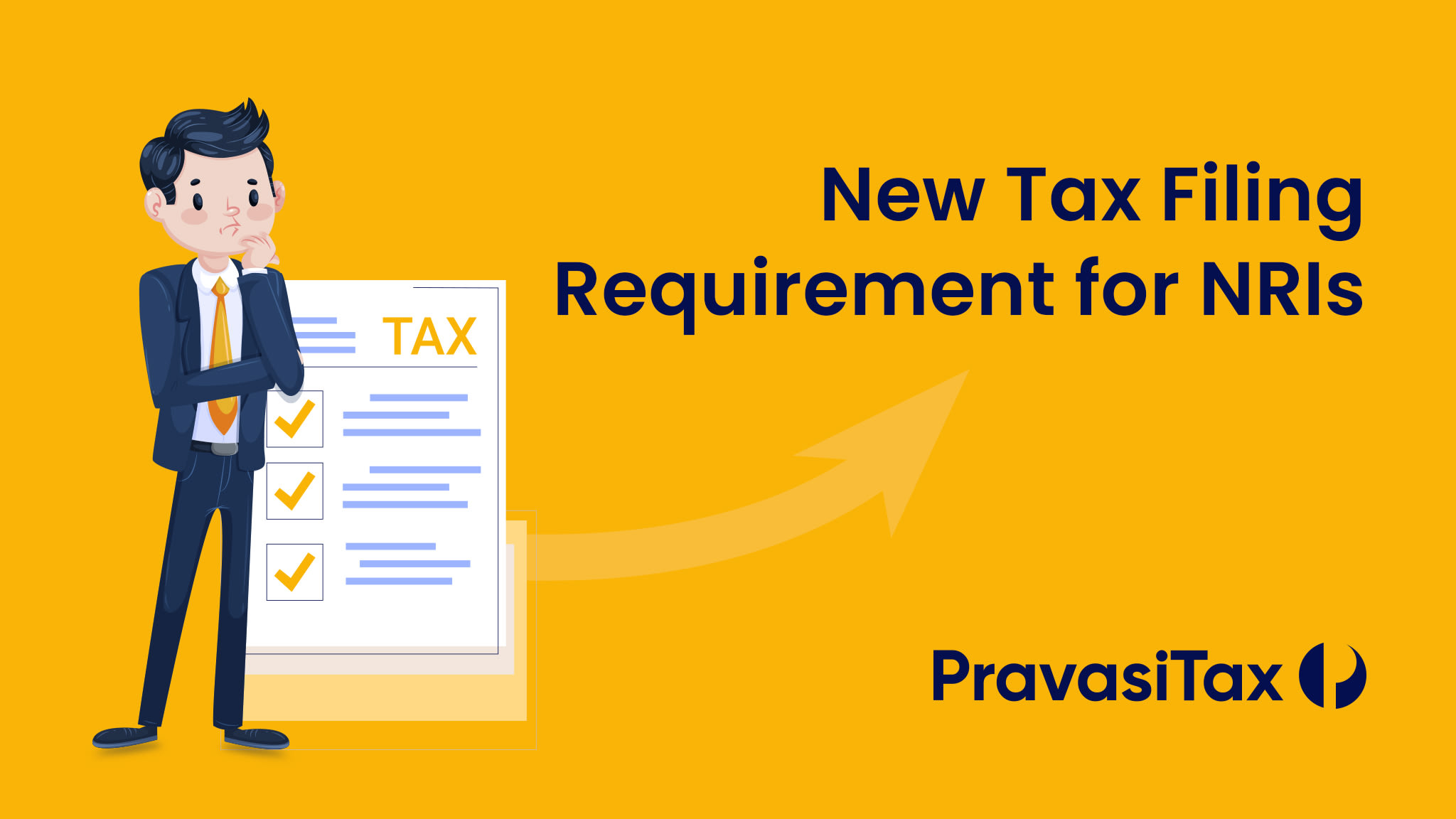Don’t have taxable income in India? NRI is still required to file a return in India! Find out why!

Close on the heels of various articles published by Pravasi Tax on the burgeoning consequences associated with non-filing of returns, Central Board of Direct Taxes (CBDT) has now come forward with a clarification or rather, an amendment to the existing section 139(1) of the Income-tax Act, 1961.
In the context of individuals, Section 139(1) makes every person whose total income exceeds the basic exemption limit liable to do income tax filing before due date. Income received in India is taxable for NRIs as well only when it crosses the basic exemption limit. Hence, it was common notion that all persons with income falling below the basic exemption limit was not required to file return and multitudes sought comfort in this. Putting a dent in this belief, Finance Act 2019 mandated return filing by individuals who satisfied any of the below conditions even in the absence of taxable income in India:
- Made payment of INR 1 lakh or more in a year towards electricity bill; or
- Travelled to a foreign country while incurring an expenditure of INR 2 lakhs or more for self or any other person; or
- Made a deposit of INR 1 crore or more in one or more current accounts.
Off late, NRIs who had not done tax filing in India in the past owing to the fact that their income in India had not crossed the basic exemption limit have begun to receive notice under Section 148A which demanded explanation of source of income associated with the fixed deposits maintained in banks in India and to explain why their case must not be taken up for further scrutiny. It now projects the importance of NRI income tax return filing in India. Responses submitted for the notices were not only unsatisfactory for the department, orders initiating further assessments were also issued immediately. This has brought many NRIs to their toes.
In the aftermath of this revelation, CBDT has inserted an amendment to the Income Tax Rules, 1962 pertaining to section 139(1), which have further added four more conditions for mandatory return filing in India even in the absence of taxable income in India:
- The deposit in one or more savings bank account of the person, in aggregate, is Rs. 50 lakhs or more during the previous year;
- or If the aggregate of TDS and TCS during the previous year is Rs. 25,000 or more, or
- If the total sales, turnover or gross receipts in Business exceeds Rs. 60 lakhs during the previous year, or
- If the total gross receipts from Profession exceeds Rs. 10 lakhs.
Thus, it is quite clear that most individuals in the NRI community shall qualify for clause (i) and/or (ii), if not for all, making them liable to file NRI income tax returns. This makes it critical to remain alert as to when you become liable to file NRI income tax returns, even if it is a nil return.
To be on the safer side, with due consideration to the ongoing issue of notices under sections 148A of the Act, NRIs are strongly advised to file income tax returns even if none of the newly inserted conditions are met.
Get in touch with us at +91 97464 00931 to know how this is going to affect you!


